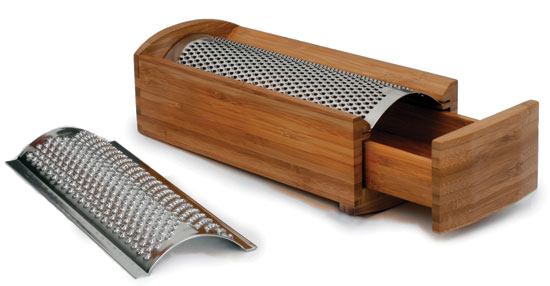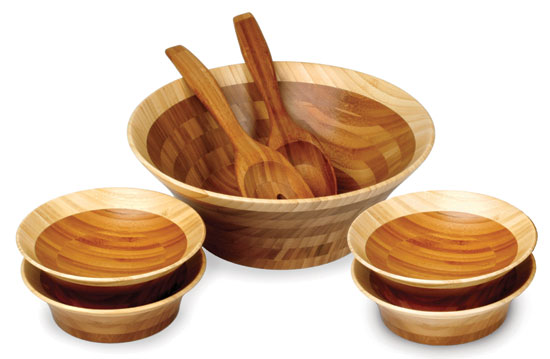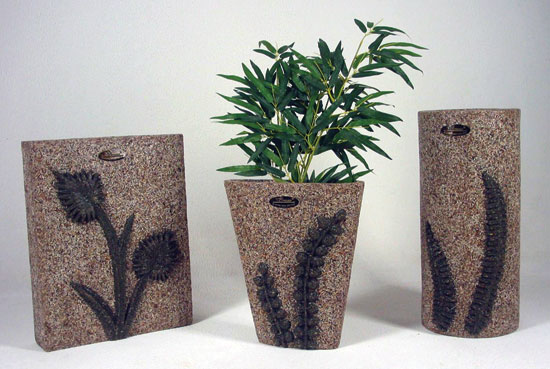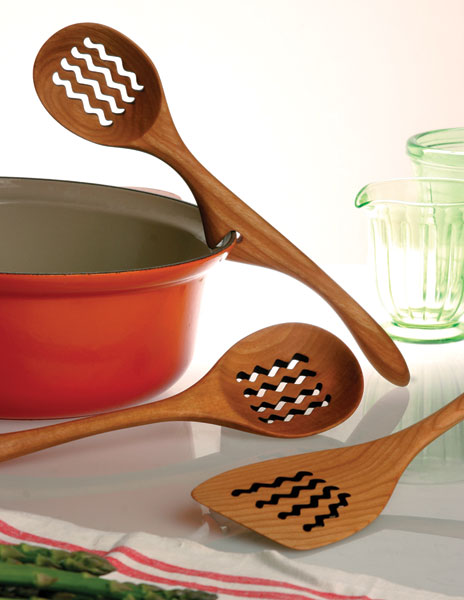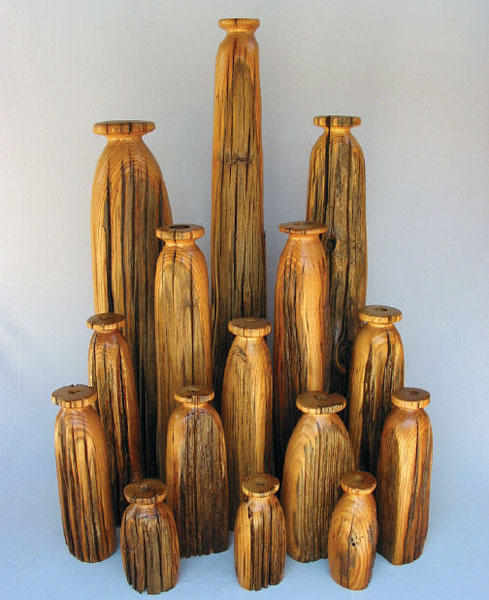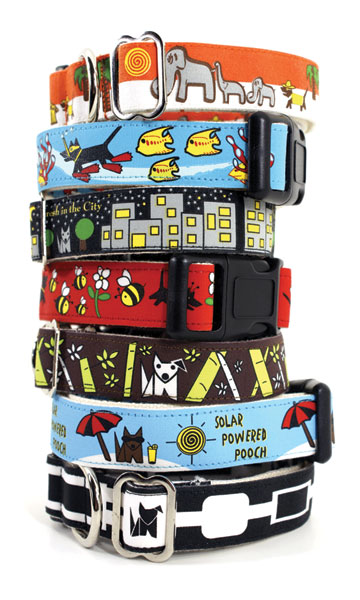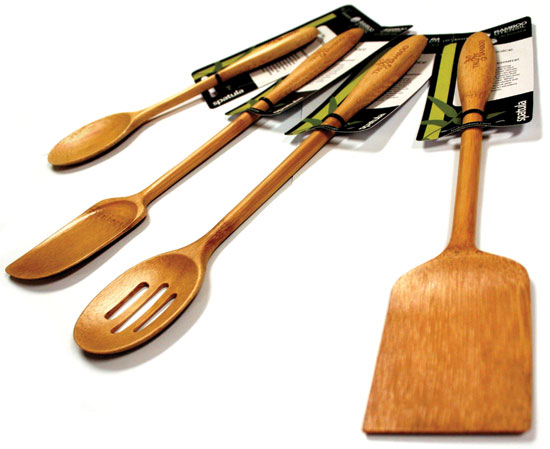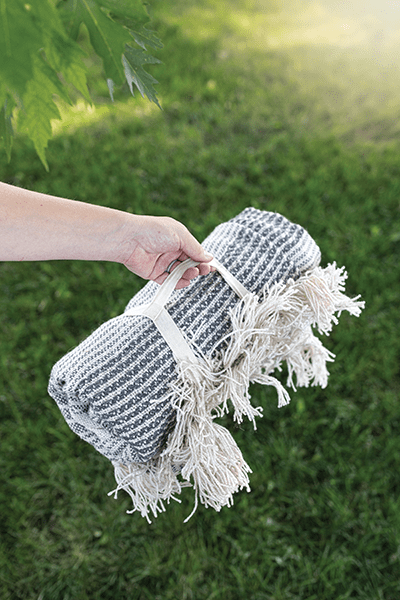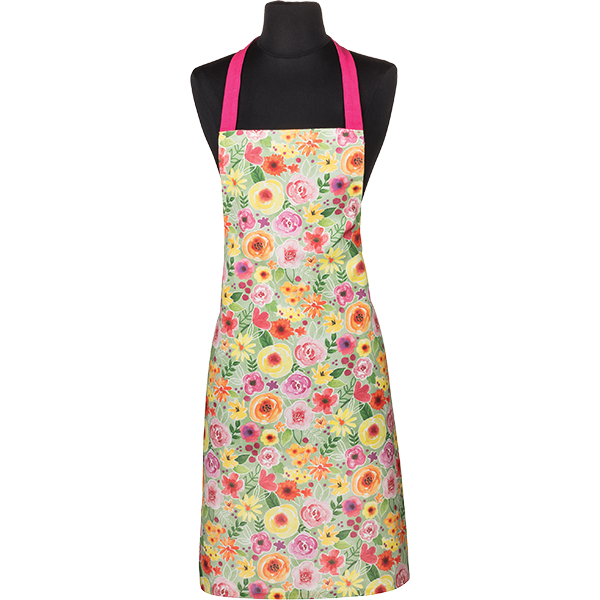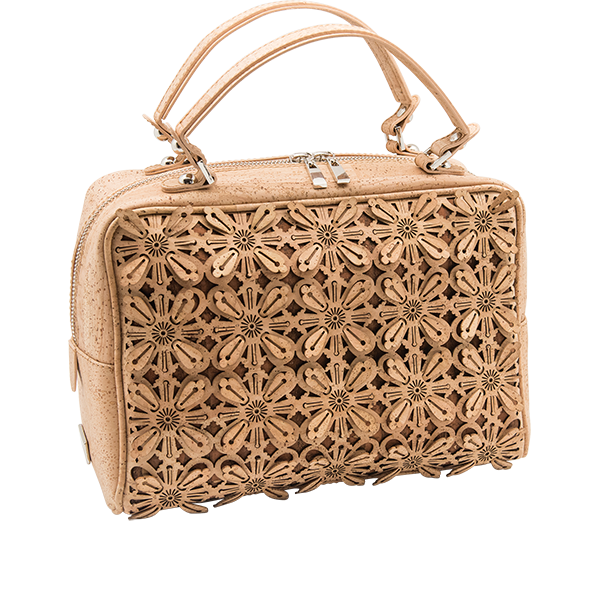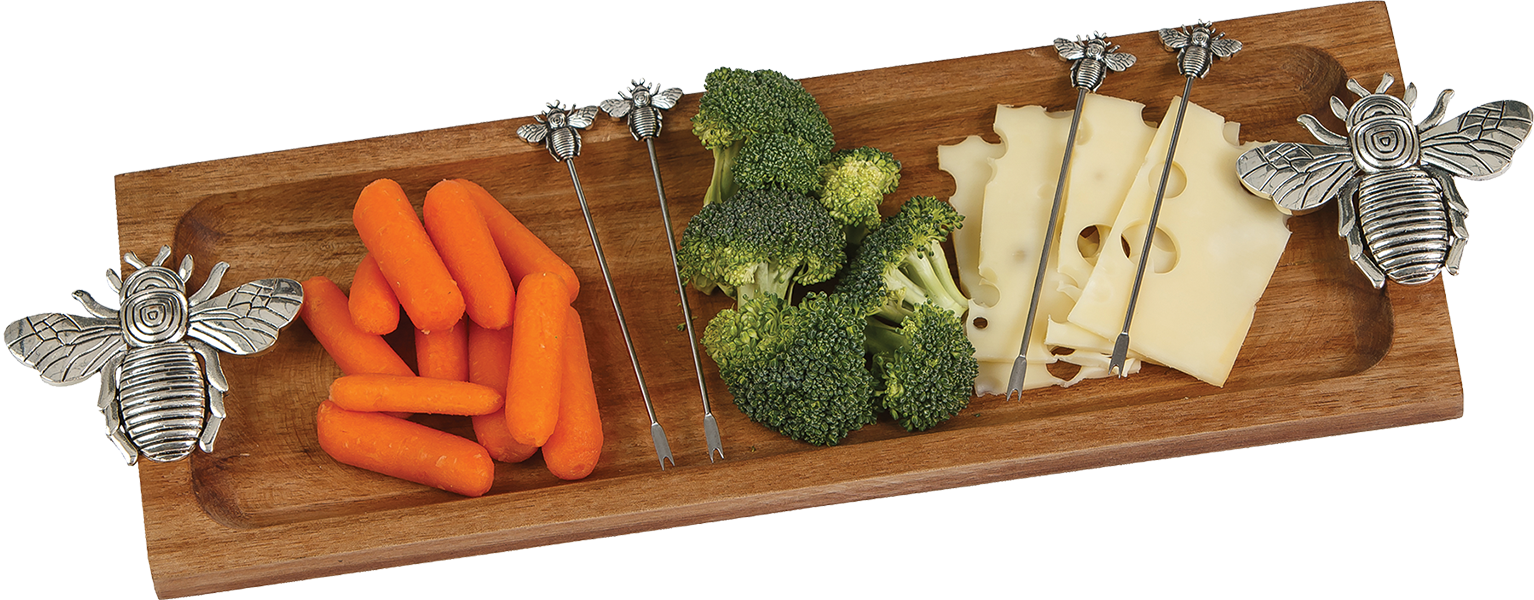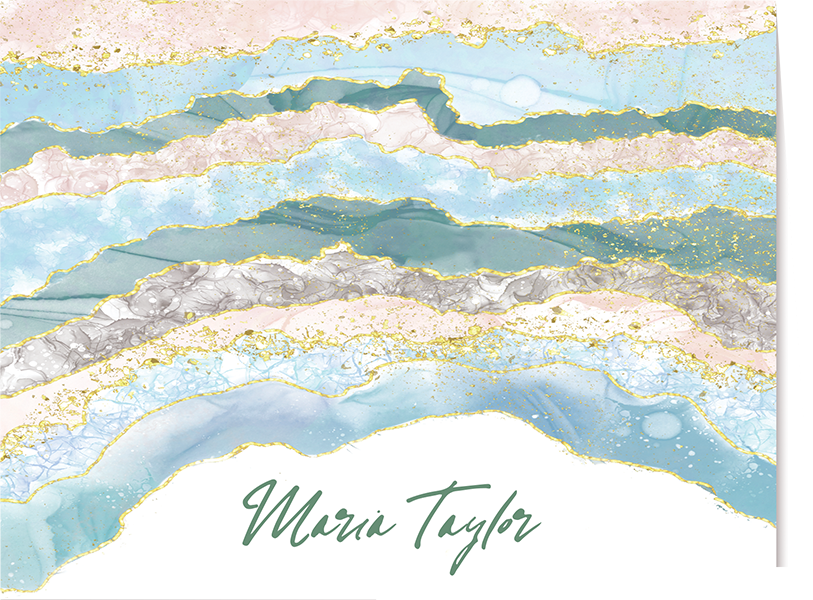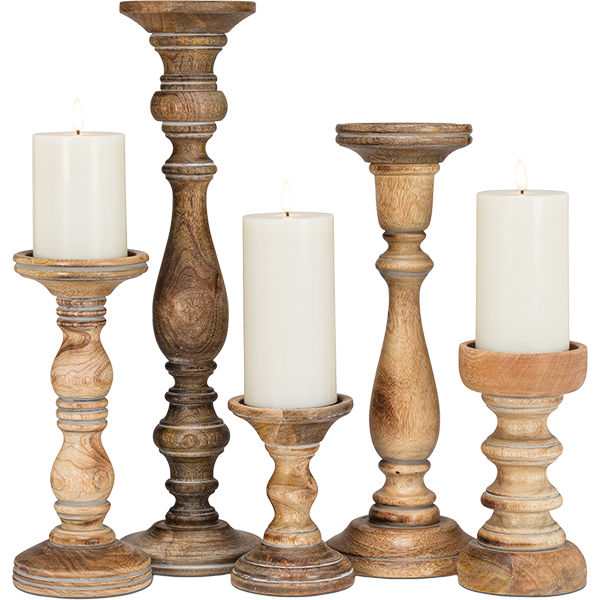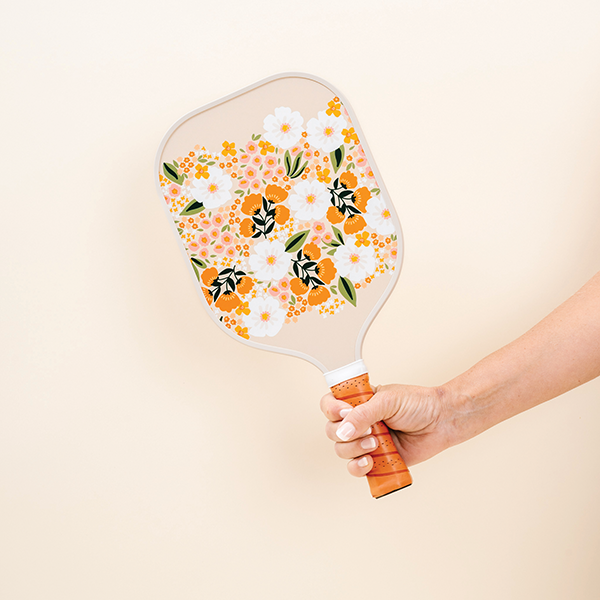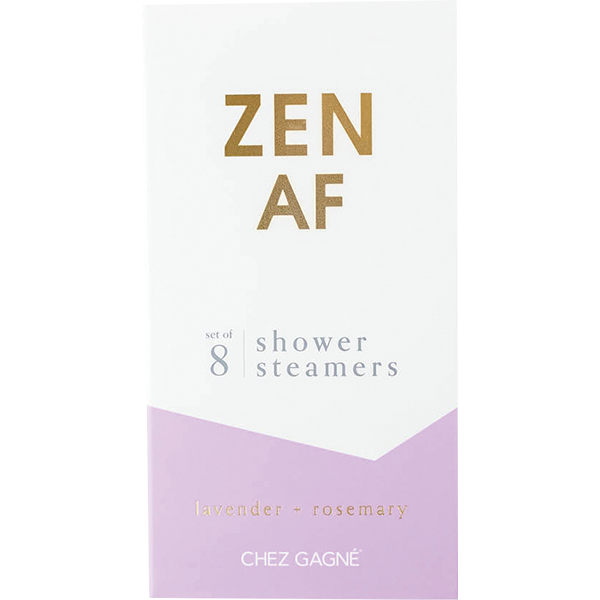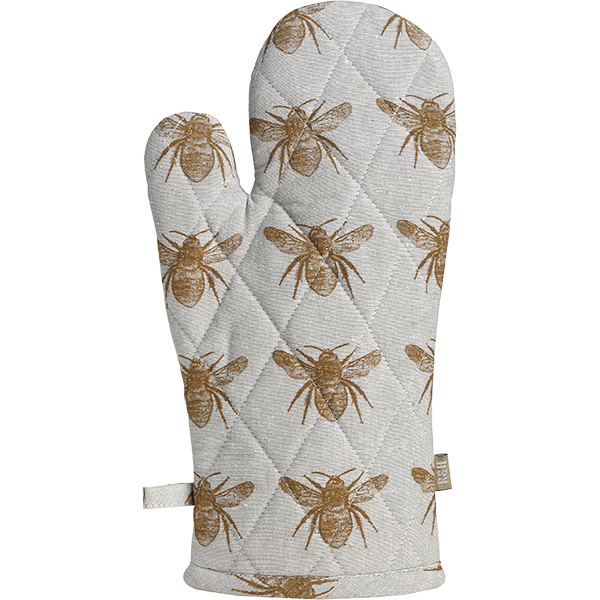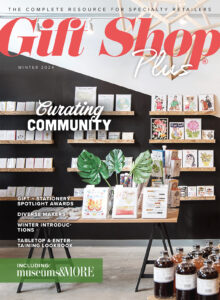Bamboo Shoots for Green Growth
The Growth of Bamboo
This grass is green! It’s been boom time for bamboo—the “rapid renewable” that’s making waves in green retail. Find out what kinds of products are made with bamboo and why the category is worth taking a look at.
When retailer Corey Dinerstein began researching the kinds of green products sought by shoppers, she came upon bamboo fabric—something that immediately caught her attention.
Through her online store, Green Earth Bamboo, the Plainfield, IL retailer now sells bedding, clothing, baby blankets and other accessories all made with bamboo. The bamboo sheets are the store’s best sellers.
From bedding and clothing for adults and children, to home accents and furnishings, kitchenware, pet leashes and an assortment of gift items, bamboo is indeed making a mark in the “green” product genre.
It’s become known for much more than simply an ornamental Asian plant, says C. William King, president of the American Bamboo Society, a 20-year-old organization with chapters throughout the country. The American Bamboo Society, which began in California, aims to promote the import and use of bamboo and its products. “There now are many more bamboo products in the marketplace than there ever has been,” says King, who lives near Orlando, FL.
There are reasons why bamboo has become so popular and can be used in such a diverse range of product categories. Wagging Green, a wholesaler of leashes, collars and clothing for pets in Melbourne, FL, uses bamboo for their dog collars and leashes. The company’s co-founder, Sean Ryan, says bamboo is an ideal material for his pet products. “Bamboo is naturally fast-drying, antibacterial and odor resistant,” Ryan says.
Bamboo’s durability is another plus, Ryan says. Featuring two layers of bamboo sewn together, Wagging Green’s Eco-Hip Collection of pet items “sell like crazy,” he reports.
Rapid renewable
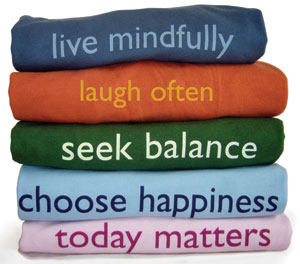 While industry experts like King say they have not come across hard sales numbers for bamboo products, they agree there’s a definite uptick in items made and sold in the marketplace.
While industry experts like King say they have not come across hard sales numbers for bamboo products, they agree there’s a definite uptick in items made and sold in the marketplace.
“What I can say is that anecdotally, virtually all manufacturers we have seen over the past year or two have introduced bamboo into their collections somehow,” says Jeff Hiller, president of the Sustainable Furnishings Council, an Austin, TX-based membership organization that shares best practices to help companies improve at all points in the supply chain.
“Most of the excitement is caused by the novelty of the material, its unique appearance, its high performance, and its price competitiveness versus other hardwood options,” Hiller says. He adds that bamboo has a great story to tell as a “rapid renewable.”
That “renewable” story is what’s getting bamboo a lot of attention. “Bamboo is an easily renewable and sustainable resource because [it] grows very rapidly and it is easy to harvest without damaging the landscape where it is grown,” says Chad Richardson of Enrico Products. Richardson adds that bamboo fits in well with the growing desire of shoppers to buy more green and sustainable products. Wholesaler Enrico Products is a supplier of housewares and gift products made from natural and renewable raw materials including bamboo and reclaimed fir tree stumps from China, acacia wood from Malaysia and Thailand, farmed mango and reclaimed teak from Thailand and camphor laurel wood from Australia.
“Bamboo is actually a grass rather than a tree and it constantly sends out new shoots that grow into new bamboo stalks so it doesn’t require replanting,” Richardson points out. “The moso bamboo (a variety of bamboo) we use generally matures in four to five years rather than 30 or 40 for a tree,” he adds.
How “green” is it?
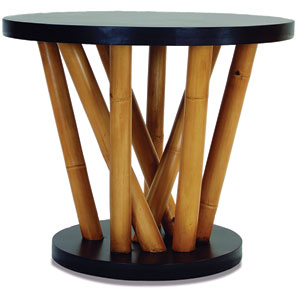 While most bamboo comes from Asia, leading some to argue its shipment to the U.S. leaves a significant carbon footprint, industry experts believe its sustainability remains fairly strong.
While most bamboo comes from Asia, leading some to argue its shipment to the U.S. leaves a significant carbon footprint, industry experts believe its sustainability remains fairly strong.
“Sustainability is a broad umbrella that covers a lot of [seemingly] unrelated topics—global warming, indoor air quality, toxic pollutants, social concerns,” Hiller says. “On the issue of global warming, it is incredibly sustainable. It is a rapid renewable with species that can grow a foot a day, and plant growth comes from absorbing carbon dioxide from the atmosphere, the primary culprit for global warming. It is also a grass that requires no replanting so no extensive management plan or certification is required to know that it is doing its job.”
Renee Maria Fanjon, president of wholesaler Padma’s Plantation in Batavia, IL, does what she can to minimize concerns about shipping her bamboo products from her supplier in Indonesia. The company, which introduced a line of bamboo furniture in 2007, is committed to having multiple items shipped in one container instead of in individual boxes.
Aside from transportation, a downside of bamboo products is their use of a lot of glue, Hiller says, which “typically is not good for indoor air quality due to formaldehydes present in most industrial adhesives.” Despite this, Hiller says bamboo is a great alternative to other imported wood products, particularly versus those that use composite board such as plywood or particle board.
Other bamboo basics
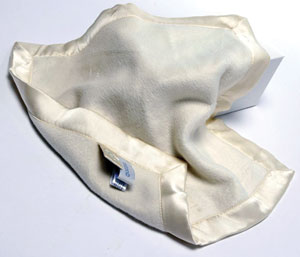 Another reason to sell bamboo? In its finished form, bamboo products have a great look to them, says Richardson, of Enrico Products. The company’s bamboo items include a box cheese grater, several styles of cutting boards, a serving tray, a line of salad bowls and servers and other miscellaneous tabletop items.
Another reason to sell bamboo? In its finished form, bamboo products have a great look to them, says Richardson, of Enrico Products. The company’s bamboo items include a box cheese grater, several styles of cutting boards, a serving tray, a line of salad bowls and servers and other miscellaneous tabletop items.
Padma’s Plantation continues to develop new bamboo products because customers respond so positively to their look and feel, Fanjon says. The company uses bamboo for headboards and Fanjon finds customers really like the bamboo’s warm color.
Since consumers can find bamboo products at mass market chains as well as in higher-end kitchen and gourmet stores, Richardson says his company tries hard to differentiate its bamboo products.
“We offer unique and appealing designs manufactured at a high quality level that command higher price points in the market,” he says. “Most of our sales of bamboo are to smaller, independent kitchen and gourmet stores that have success selling unique items to a higher end consumer.”
Informing your customers
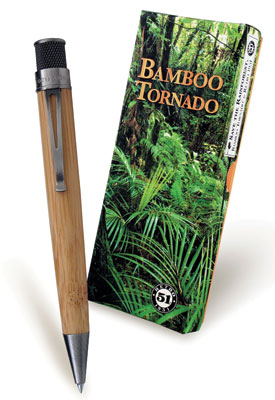 Sharing information about bamboo—how it’s grown, where and how your bamboo items are made—is one way to encourage your customers to buy these products. Dinerstein says she tries to do this through Green Earth Bamboo’s blog. As customers get educated about bamboo and realize its benefits, they’re more likely to open their wallets, she points out.
Sharing information about bamboo—how it’s grown, where and how your bamboo items are made—is one way to encourage your customers to buy these products. Dinerstein says she tries to do this through Green Earth Bamboo’s blog. As customers get educated about bamboo and realize its benefits, they’re more likely to open their wallets, she points out.
Fanjon agrees that the manner in which a product is created is important to consider. This is information she wants to know, and to be able to share with her retailers so that they feel good about stocking a carefully made, “green” product.
Hiller, of the Sustainable Furnishings Council, is convinced you can increase sales by emphasizing your knowledge and commitment to carrying items that are made from sustainable, renewable woods and plants such as bamboo. “Sustainability is an arena in which it is still possible to differentiate yourself on a meaningful [basis that] the big box retailers are going to find hard to match,” he says.
Stressing bamboo’s attributes aside from its green-ness is another smart marketing strategy, Dinerstein says. She’ll do this through her blog, for example, or by posting client testimonials about how comfortable the bamboo clothing and bedding are.
Getting the word out about your relevance is equally as important. Retailers Scott Walker and his wife Simone Alpen carry numerous bamboo products in their green shop Greenward, in Cambridge, MA. Walker says the store’s website gives as much information about every green product as possible.
“The whole point of our store is things have a reason for being here. I think that works for any kind of store, not just one with an environmental focus. It shows you are thoughtful about the things that you have, that you are a responsible business owner,” Walker adds.
Mouse over images below to view.
